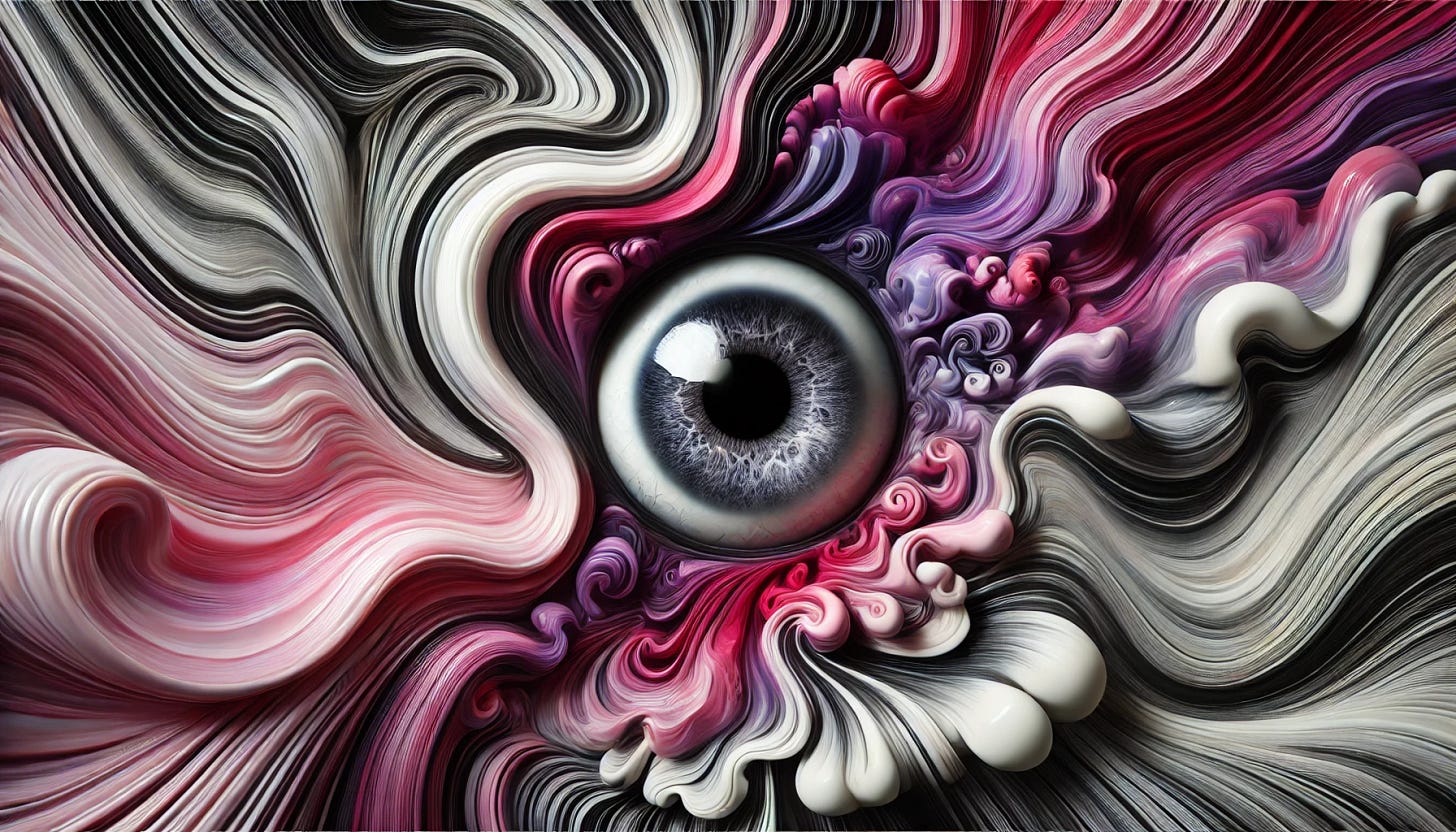The Reality Of Illusions
The Game of Perspectives
“All that exists in the world of marketing are perceptions in the minds of the customer or prospect. The perception is the reality. Everything else is an illusion.”
~ 22 Immutable Laws of Marketing** by Al Ries & Jack Trout
Unpacking the Illusion
The quote reveals a profound truth, not because I’m a “marketer”, but a consumer.
Apple is a bottomless pit of great examples. Apple's core strategy shaped its brand being perceived as innovative and premium. Add a slick, detail-obsessed design and a legendary brand is born. A genius move of removing most of the furniture and transforming their stores into what resembles an art gallery, Apple made iPhone fans into worshipers. When they release a new product many believe it’s the best in its category - even if their technical specs might suggest otherwise, and their updates often aren’t groundbreaking.
Water resistance, wireless charging, widgets on the home screen, and always-on-display are all examples of features introduced to iPhone after Android phones have had them for years. Apple sits back and lets other companies beta test things, and then when they do decide to jump in, they plug it into their ecosystem and do it “the Apple way”. That is the secret sauce their customers love - how their products look and feel in your hand, how they sound, and how everything connects flawlessly if you're an avid Apple user .
Luxury clothing or handbag brands are classic examples, too. They craft expectations around quality, pricing, exclusivity, and customer experience, reinforced by luxurious, often over-the-top packaging and top-tier service for those who are worthy. The harder it is to obtain a product, the more desirable it becomes.
Luxury lovers rave about “the experience” of buying luxury goods and keep coming back. One well-known example is the “Hermès game”, well discussed on the Internet and in luxury communities. Hundreds of videos, if not thousands, are just a YouTube search away from stories of “How I landed an Hermès bag in Paris.” Securing a Birkin or Kelly isn’t as simple as walking into a store and buying one. This deliberate scarcity strategy drives shoppers mad, leaving them frustrated or even offended which, naturally, calls for another YouTube video.
Ironically, this challenge is what keeps Hermès on top. Many customers spend fortunes, not just for the bag, but for the thrill of the hunt itself.
While Hermès uses scarcity to heighten desire, other brands, such as Tesla, Starbucks, Coca Cola, to name a few, build their market power through different approaches. Whether it’s technological innovation or creating a ubiquitous presence in our daily lives, these brands master the art of shaping perception. These examples all have brand power, as they call it, an influence and strength in the marketplace and in the mind of consumers. This is often what earns marketers the reputation of being "devil's little helpers," Yet, these brands maintain their status for a simple reason: consumers keep on voting with their wallets in brands’ favor.
Objective “facts” about a brand or product don’t make it better than the competitor’s. There is no universal truth in what makes a product “good” or “best” in an absolute sense. What we perceive about a product is what we believe to be true. Apple has been telling us a great story, nice for our eyes and ears, Hermès packs their handbags worth of legacy in orange boxes with a bow on it. And we love it.
Marketing Sorcery
Every ad, every story, every campaign is carefully crafted. Behind the scenes, designers spend hours finding the perfect color palette, testing taglines, and designing imagery that resonates. Marketers craft targeted strategies to reveal the product’s value in ways that will strike a chord. Crafting perception isn’t about deception—it’s a form of artistry. It’s not about fooling people; it’s about connecting with them on a level that feels authentic.
Beautifully crafted stories, PR finesse, as well as the tactile charm of the product design are all different spells, each adding dimension to a painted perspective in your mind’s eye.
Embracing Perception
“There is no objective value attached to anything that's independent of your perception. You're marketing whether you like it or not.” ~ Rory Sutherland
The narratives we create, what we imagine and believe all shape what becomes real for us. The magic of marketing lies not in deception, but in storytelling. When perception shapes reality, it doesn’t strip away authenticity; it adds another layer, turning the ordinary into something worth noticing.
Monday coffee cheers,
Sources and inspiration for this post:
The 22 Immutable Laws of Marketing by Al Ries & Jack Trout
Rory Sutherland - YouTube Short
Marques Brownlee - YouTube channel




I love how this turned out. The new examples especially about Hermes are so vivid. And I like the return to narratives and storytelling. Congrats on your first piece!